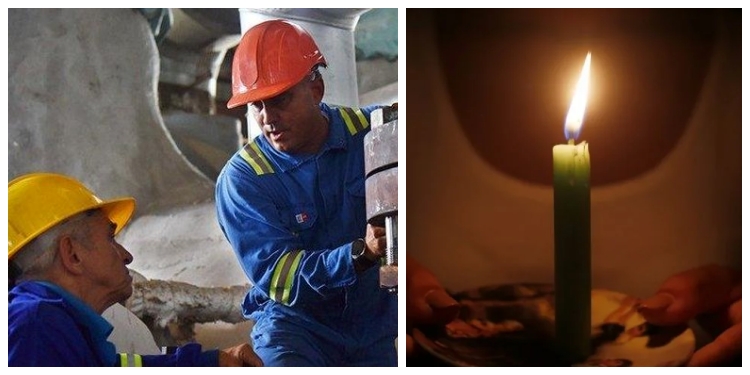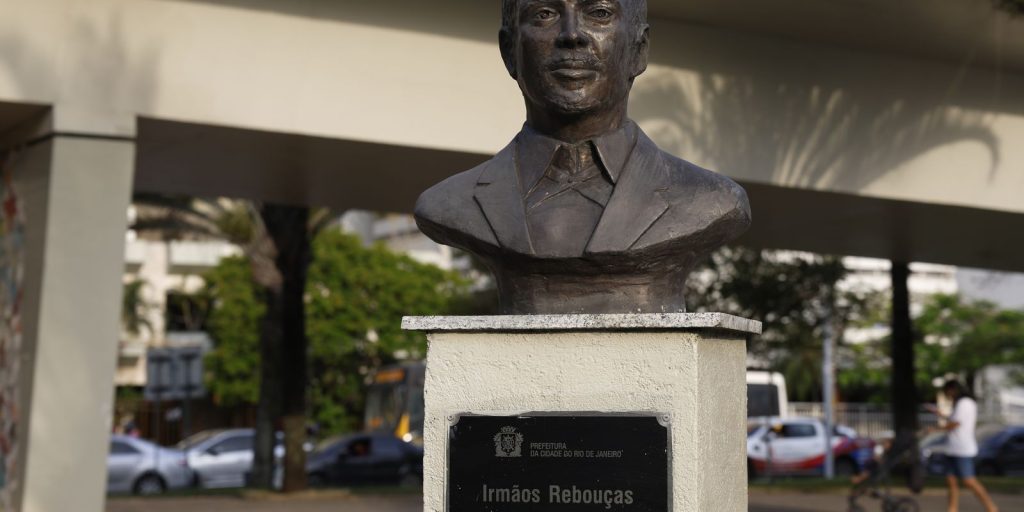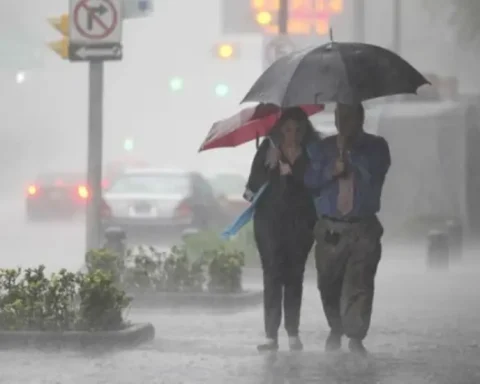The managing director of the International Monetary Fund (IMF) Kristalina Georgieva, warned, last Thursday, October 17, of the “difficult future“that is coming, uIn a time of low growth, high debt and geopolitical instability and called on governments to do much more to reverse the situation.
“Governments must work to reduce debt and rebuild buffers for the next shock, which is sure to come, and perhaps sooner than we expect.“, he noted in the traditional preliminary speech to the annual meetings of the Fund, which will be held in Washington.
(See: The ILO warns of the economic effects that the war has left in Gaza).
At this meeting, which will bring together ministers, presidents of central banks and other economic authorities, the institution will update global growth forecasts, which in July he estimated at 3.2% for this year and 3.3% for next year.
In the different presentations, meetings and talks it will be time to take stock of a time that also has good news, Georgieva noted: that “the great wave of global inflation is receding“, thanks to the effective monetary policy measures that have not caused a global recession or a large increase in unemployment.
But, “despite the good news,” Georgieva warned, “don’t expect victory parties next week,” because There are three reasons not to celebrate, among them the “difficult” geopolitical environment.
(See: Recent Nobel Prize winner in Economics says Trump is a ‘great threat’ to democracy).
“We are all deeply concerned about the growing conflict in the Middle East and its potential to destabilize regional economies and global oil and gas markets. Its humanitarian impact, along with the prolonged wars in Ukraine and elsewhere, is heartbreaking“he said.
Furthermore, he added, In a world of more wars and more insecurity, defense spending may continue to rise and countries, driven by national security concerns, are increasingly turning to protectionism, “creating one trade restriction after another.”
“In the future, trade will not be the same engine of growth as before. It is the fracture I warned about in 2019, but worse. It’s like pouring cold water on an already lukewarm global economy.“he stated.
Kristalina Georgieva, director of the IMF.
AFP
A worrying future
Nor are the forecasts that point to “an implacable combination of low growth and high debt” encouraging, said the Bulgarian economist, who has just begun her second five-year term as managing director of the institution.
Medium-term growth will be ‘mediocre’ and insufficient to eradicate global poverty, create the necessary jobs and generate the tax revenues that governments require. It will be “a difficult” and “worrying” future due to the high and growing public debt.
In the preview of its Fiscal Monitor, the IMF estimated that Global public debt is expected to exceed $100 trillion or 93% of global Gross Domestic Product (GDP) by the end of 2024 and that it approaches 100% of GDP by 2030.
This represents 10 percentage points of GDP more than before the pandemic (2019).
(See: Eradicating global poverty would take a little more than a century: here’s why).
Furthermore, another reason not to celebrate, he added, is that even if inflation rates fall, “the higher price level felt in the portfolio is here to stay“.
Tax reforms, the IMF recipe
Despite the current gloomy outlook, Georgieva recalled that, as she says his counterpart at the World Bank, Ajay Banga, “forecasts are not destiny” and it is in the hands of governments to do much more.
“We can do better (…) There is much we can and must do to increase our growth potential, reduce debt and build a more resilient global economy“, said.
Thus, heGovernments must move away from the prevailing popular fiscal expansion and take”difficult decisions. Tax reforms are not easy, but they are necessary and can improve inclusion and opportunity“, he stated.
Georgieva called to carry out reforms in the labor market, remove barriers that prevent the mobilization of capital and carry out policies to improve productivity, reduce bureaucracy, harness the power of artificial intelligence or boost spending on education, research and development.
(See: Which country has the best economy in Latin America so far in 2024?).
In addition to internal reforms, the IMF director noted, countries have to “look abroad,” although today the world is a “distrustful and fragmented” place.
“Let us not take global tensions for granted, but rather resolve to work to lower the geopolitical temperature and address tasks that can only be tackled together.“, said.

Annual meetings of the IMF and the World Bank.
AFP
EFE


















